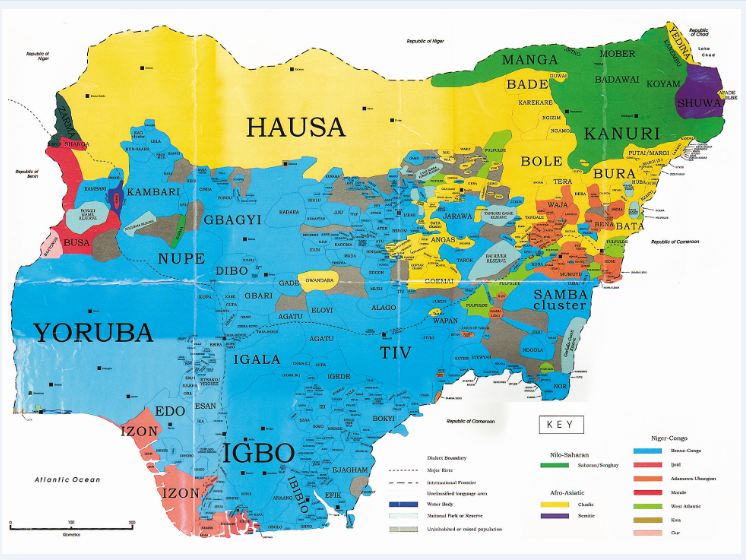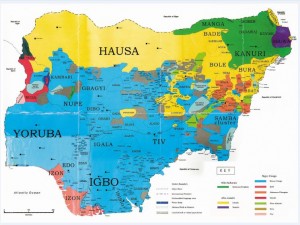


A few weeks ago, a friend of mine called to inquire about “my plans”. My plans? He wanted to know how I was preparing for Nigeria’s eventual collapse. He then went for the pitch. Invest $150,000 in a named foreign country and be granted citizenship which will provide access to the U.S., U.K. and Europe. To validate his pitch, he reeled off names of known politicians who he claimed were his clients. ”Bro, you have to be prepared. You can’t put your fate in the hands of Nigerian politicians”.
Obviously, there were so many issues to unpack from this pitch but I was just not in a position to engage him. I simply told him that I didn’t have the money to invest. What I really wanted to tell him was that when the proverbial substance hits the fan, there will be nowhere to run. That call was a few weeks before COVID-19 became the subject of every WhatsApp post. The proverbial substance has hit the fan. We are all drenched in it: politicians, salesman, and yours truly.
Nigeria is one of the most resource-endowed countries in the world; from the Sahel to the Atlantic Ocean. It is also one of the counties with the worst development outcomes. A set of factors predisposed the country to what Prof. Richard Joseph termed “prebendalism”: a political system where public officials use government revenues to benefit themselves, their supporters, and people who share their same religion or ethnic group. Many of us know and live these factors but permit me to borrow from Daron Acemoglu and James A. Robinson’s ”Why Nations Fail” and group them all up as extractive political and economic institutions. By the way, that’s a good book to read as we observe our COVID-19 isolation.
Many of Nigeria’s public officials have concluded that the country is in a rot and the problems can’t be solved. Once they arrive at this point (as erroneous as it may be), they make the logical and rational decision to protect themselves and their family. Most send their children abroad, buy a house there, stash their bank accounts, and, in more recent times, buy the citizenship of a new country. Nigeria, for them, becomes a place to pillage and feather their foreign nests. The idea is such that when the country finally collapses (as they believe is inevitable), they would escape with their families to the new sanctuary.
Man proposes; providence laughs. The fundamental assumption in the above calculation is that the collapse would be gradual and afford some time to evacuate the family. Afterall, wars don’t start in a day. There is usually a buildup that affords enough time to escape and leave the poor, miserable souls to deal with their carnage. None of these public officials figured that coronavirus would appear without much fanfare and cause the entire world to shut down at the same time. The situation is such that even if one has a private jet in Nigeria, one can’t go anywhere. Most countries have closed their airspaces and borders. Even if one is able to sneak into London or Rome, coronavirus would be waiting with open arms.
Nigerians are now all in the same boat: rich and poor. The stolen dollars will not protect the rich neither would prior hardship inoculate the poor. Nigeria does not have enough respirators so both the rich and the poor who fall victim of the virus will face the same fate. Nigeria does not have the N-95 masks so both those who stole the money meant for the masks and those who have suffered all along will bear the pain. We are stuck in the cesspool together. Cue the music.
A Nigerian music video on social media berates the rich for “fencing their homes” instead of protecting the entire village. It is an apt title for what we are facing in Nigeria today. Imagine that our leaders “fenced” our country and not just their homes, we would have been in a better position to put up a fight against the coronavirus. All we have now are our fingers wrapped around our prayer beads in the hope that, the providence that helped us avoid Ebola will see our pious disposition and make this pestilence pass over us. You know, like the biblical story of Moses and Pharoah. Cue another music.
Hope is not a strategy. We should have “fenced our villages” when we had the time and the means. For now, the best we can do is keep pushing the message of social and physical distancing to see if the infection curve will be flattened. That’s the best we can do. We can’t run. There is nowhere to run to.
. Okigbo III wrote from Abuja.


